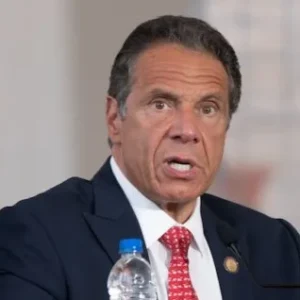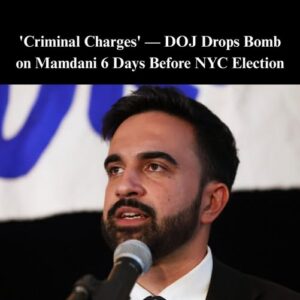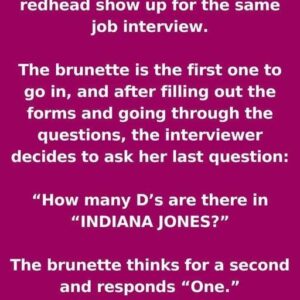Former House Speaker Newt Gingrich is warning that Democrats’ escalating resistance to President Donald Trump could carry “very dangerous” consequences, sharpening a months-long argument about public trust, protest tactics, and the limits of federal power. Gingrich’s warning — delivered in a Fox News appearance earlier this year — has echoed through the summer as immigration raids and counter-protests roiled Los Angeles and other cities. Gingrich argues Democrats are focused on attacking Trump rather than offering solutions to problems voters say are urgent. Surveys of battleground-state voters reflect deep frustration with the political system: large majorities say the system is corrupt and a major obstacle to progress. That anger has framed a season of intense protests, counter-protests, and legal fights over how far the federal government can go in policing unrest.
In June, demonstrations in Los Angeles over immigration enforcement led the White House to surge federal resources, including National Guard units and Marines to protect federal sites. As tensions flared, Trump vowed that anyone who spits on police officers would be met with force — a blunt message intended to deter attacks on law enforcement.
At the same time, the president signaled he was open to invoking the Insurrection Act “if there’s an insurrection,” language that underscored how unusual the moment has become and set off debate among legal experts about the scope of his authority.
State and local leaders in California blasted the deployments as unnecessary and provocative, while federal officials argued they were needed to safeguard personnel and property amid volatile crowds. Courts have moved quickly on emergency challenges, and the question of how far Washington can go, and when, remains partially unsettled.
Gingrich’s warning, and the public’s distrust of government, set the stage for a fierce fight heading into the 2026 midterms.
One side frames the next year as a test of order and accountability; the other casts it as a test of restraint and constitutional limits. Voters disillusioned with “politics as usual” may decide which vision prevails.





